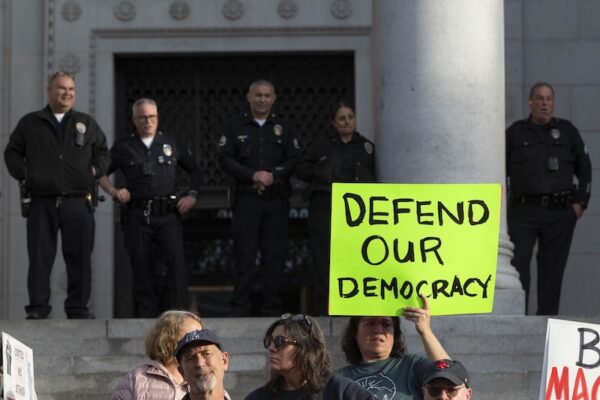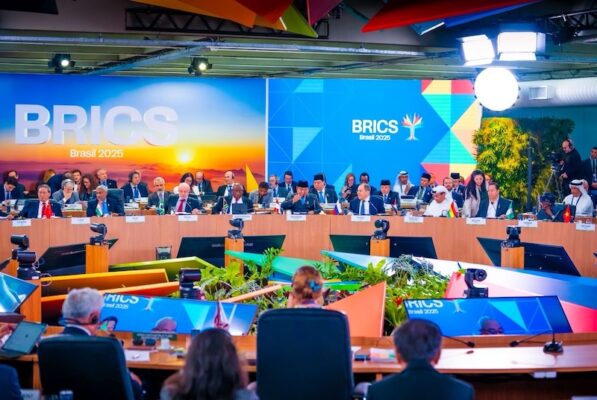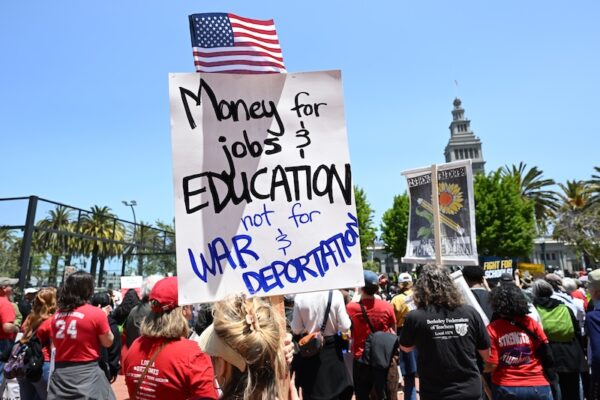Event Summary: Israeli-Palestinian Conflict: From Peace Process to Annexation?

On Monday, June 22, 2020, the SETA Foundation at Washington, DC hosted a virtual panel of experts to discuss the ‘Israeli-Palestinian Conflict: From Peace Process to Annexation.’ The discussion featured Lara Friedman, president of the Foundation for Middle East Peace, Khaled Elgindy, director of the Program on Palestinian and Palestinian-Israeli Affairs at the Middle East Institute, and Geoffrey Aronson, chairman and co-founder of The Mortons Group. The panel was moderated by Kadir Ustun, Executive Director at the SETA Foundation at Washington, DC.
To start the discussion, Aronson highlighted the fact that it is critical to ask why discussions about annexation have suddenly come to the fore. This is a result of three main developments. First, the failure to implement the international consensus has resulted in the absence of a framework for engaging the parties. This is unique for the last generation and a half, and for the first time, there is no acceptable roadmap. Second, there has been almost a total discrediting of the Oslo process among Israelis and Palestinians alike. Lastly, Trump has allowed Israel to not only prepare on the ground, but to prepare politically for an American green light. After decades of occupation, Aronson explained that Netanyahu has naturally developed an affinity for de jure annexation. Since June of 1967, Israel has been the sole sovereign West of the Jordan River. Israel cannot afford to be seen as pulling back from a strategic objective which they themselves articulated. A move like this will undermine Israel’s strategic position in the region.
Elgindy began by stating that the answer to the question of “why now” is that there has been a political and diplomatic vacuum precisely because of the collapse of the Oslo process. It has run its course and effectively ceased to exist at some point during the Obama administration. By the time Trump entered the White House, there was nothing in place to call a peace process. Palestinian leadership is currently trying to impose a cost on Israel for going ahead with annexation and making it clear that annexation is a red line. The current strategy does not put in place a method to get to the Palestinian state with 1967 borders and even though the Palestinian Authority’s rhetoric is bold, it appears to be sticking to traditional security coordination with Israel. There is a real risk that the absence of a meaningful strategy on the part of Palestinians will inadvertently legitimize what Netanyahu and the Trump administration have in mind in regards to annexation. Elgindy added that Palestine is objectively the weakest actor in the conflict, making it hard to assert itself and change realities on the ground.
Then, Friedman stated that from the day Trump was elected, the political analyst world has used historical methods of analysis to understand why Trump acts the way he does. The policy community was slow to understand what it means to grapple with an administration that is not acting within historically rational foreign policy parameters. She has written extensively about the Trump administration’s policy toward the Israeli-Palestinian conflict and insists that it is critical to take the administration seriously by believing what it says. Many did not believe that Trump would actually move the embassy to Jerusalem, but it did. Trump has turned his policy over to ideologues, so it is strange for analysts to reorient their thinking toward ideological perspectives. The administration is committed to the course it is on, but US policy for the last 25 years has been adept at accommodating itself to whatever Israel does. Officials lay down a principle, like of a two-state solution, but the principle is constantly being reoriented and reimagined by whatever happens on the ground. Moving forward, Friedman predicts that a potential Biden administration would not make this a major issue; rolling back some of Trump’s moves would come at a high political cost.


















